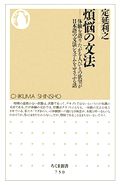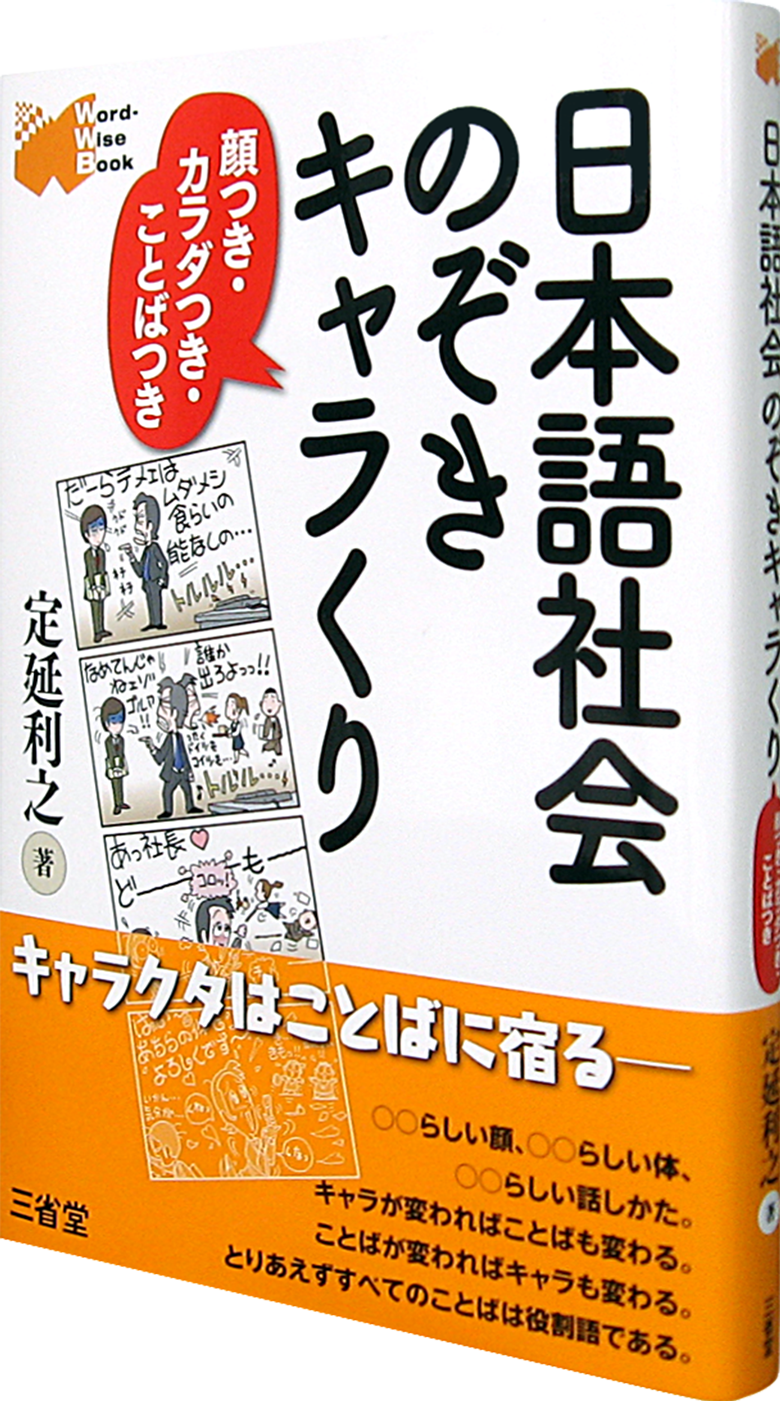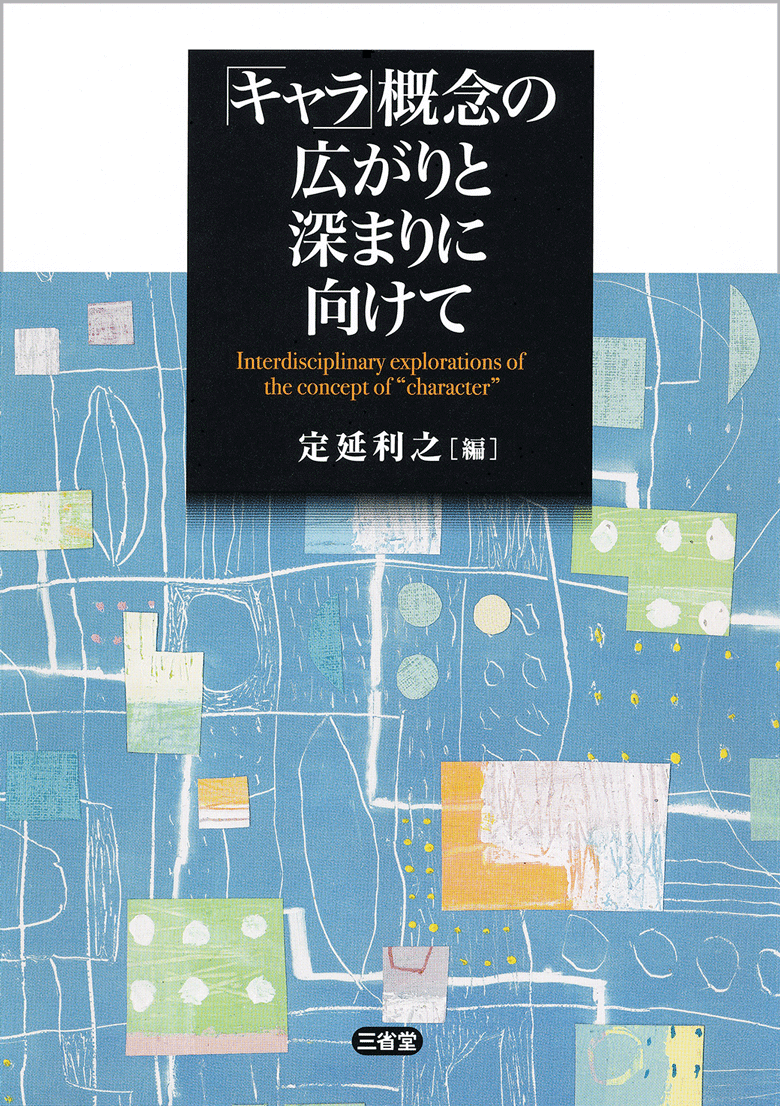
The “roles,” such as “protagonist,” “clown,” and “antagonist,” we discussed last time are closely connected to conversations taking place on that day in that place.
The individual roles of participants, even in established, stable groups, can be discussed. In companies, there are roles such as “president,” “executive,” and “corporate drone,” while in families there are “wife,” “husband,” “father,” “mother” and so on.
Because a company has an objective (the pursuit of profit) and a correspondingly clearly defined organization, it is easy to understand why we refer to “president,” “executive,” and “corporate drone” as “roles.” However, is a family an organization charged with completing an objective to begin with? I would like to point out that problems with teleology tend to get shelved —for example, the fact that expressions such as “konshumatsu wa ‘otousan’ shinai to” (“this weekend, I have to be ‘the dad’”) are nothing more than recent, humorous expressions (see the previous essay). That is, the following sorts of family “roles” have also been provisionally accepted:
She thought that she had been merely playing the role of wife to the loveless Akiyama for all this time. (…) She felt, unexpectedly, that most of the people around her were just playing various roles. Akiyama and Ono played the roles of husband, and Tomiko too, despite her inveterate coquetry, was playing a wife, in as much as she valued her married life with Ono. (…) The idea of “roles” taught her to view those around her with different eyes. She took an interest in measuring how completely people played their roles. It seemed to her that Akiyama was not fully devoted to his role as husband.
[OOKA Shohei(1), Musashino Fujin (The Lady of Musashino) 1948]
Thus, we can see the concept of a “role” that continues statically over relatively long periods in companies, families and other places, but can switch dynamically during conversation. The “social identities,” as proposed by Elinor Ochs(2), of two speakers in a conversation can evolve with their conversation; in one instant they might be “doctor” and “patient,” in another instant “old friends” and in still another instant, “locals from the same area.”
Given the above, the various “roles” we looked at from last time certainly seem relevant to the “characters” discussed up until now. However, these “roles” are not the same as “characters.”
In the previous essay, while discussing differences between characters and “roles,” such as “protagonist,” “clown,” and “antagonist,” I emphasized that characters “can be envisioned in the absence of conversation,” and this property can also be used to distinguish between social identities —in one instant “doctor,” in another “old friend” etc.— and characters.
However, the largest point of difference concerns the switching of roles. The dynamic quality of being able to switch at will from one “role” to another depending upon the situation, partner, and details of the conversation, is not found in the characters we have discussed thus far.
Even if someone tells us that “one of the managers is absent, so Tanaka, the executive director, will be filling both positions until the end of this month,” we are not particularly shocked by Tanaka’s change in “roles.” The same goes for the “role” change —learning to cook and clumsily, but whole-heartedly, taking care of the housework— of the father who says, “Don’t cry kids. I’ll be your mom while she’s away.”
However, if this father becomes completely accustomed to homemaking, and begins saying things like “ocha ni shiyoo kane. ocha” (“I’ll make tea, shall I? Tea?”) while getting up cheerfully from the dining room table, cutting thread for his needlework on his teeth, singing the latest pop songs to himself while swaying his hips and washing the dishes, and speaking with a feminine cadence—“ureshii waa” to “shina o tsukutte miseru” (saying “I’m glad” while making himself pretty for you) (cf. part 11)—it would make us somehow uncomfortable. This is a change of character. And in general, character does not change.
* * *









(1) 1909–1988 A novelist and literary critic.
(2) 1974– American linguistic anthropologist.